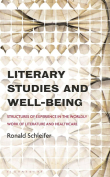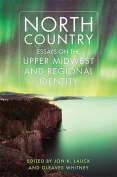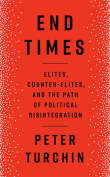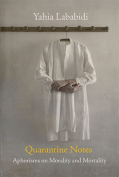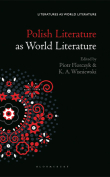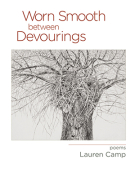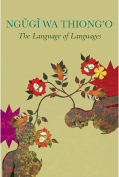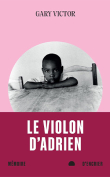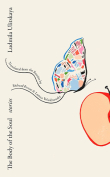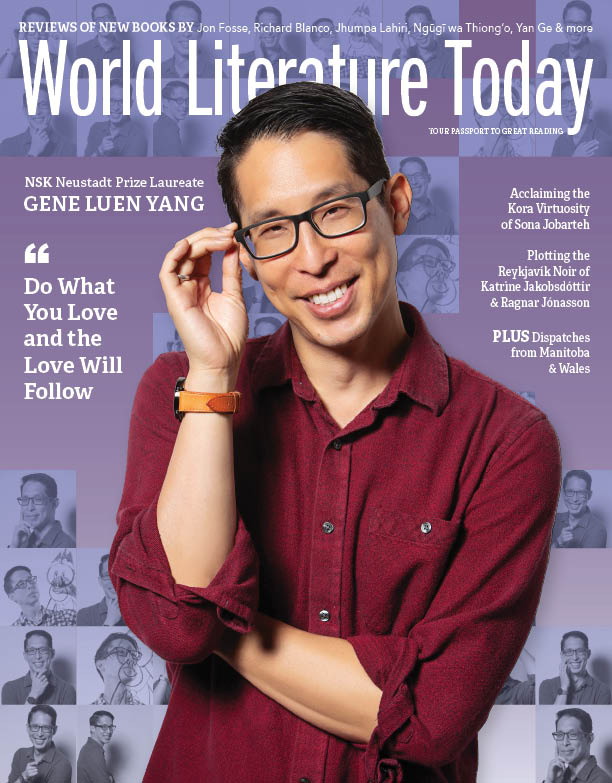L’autre nom du bonheur était français by Shumona Sinha
 Paris. Gallimard. 2022. 208 pages.
Paris. Gallimard. 2022. 208 pages.
Born in Kolkata, India, in 1973, Shumona Sinha started studying French fairly late, at the age of twenty-two. She moved to France six years later, in 2001, and married a poet, Lionel Ray. For several years, she worked as an English teacher. She and her husband also translated poetry from Bengali into French. Her independent literary career began in 2008 with the publication of her first novel. So far, she has written five novels, all in French. In 2011, her second novel, Assommons les pauvres! (Down with the Poor!), was well received in France and was translated into English. One of the things she discusses in her current memoir, L’autre nom du bonheur était français (The other name for happiness was French), is her decision to write in French instead of Bengali or English (the language of choice for most expatriate Indian writers).
The title is of course partly ironic. As Sinha explains at the end of the book, she initially constructed the sentence in Bengali, in the present tense, which made the verb to be invisible: “This ambiguity conferred an impression of eternity, or of an adage, thus imperishable.” After several years of studying the French language, her arrival in Paris was, to a large extent, the result of her wish to escape from her gender-defined destiny in India. Even though she had been born into a well-educated middle-class family, she felt the weight of societal expectations, to marry and have children, and to remain physically and culturally close to her parents. Living abroad on her own was at once disorienting and liberating. Sinha was lucky enough to find a job as an English language assistant within the French school system and was therefore able to support herself financially. Her marriage to a French poet introduced her to the Parisian literary milieu and facilitated her administrative path through the legal and bureaucratic maze well known to all foreigners seeking to settle in France.
The success of Sinha’s second novel roughly coincided with losing her job, with her divorce, and with the death of her father. This turning point in her life meant both reduced economic circumstances in the short term and more independence in professional terms. As she began to be recognized as a writer in France, she increasingly realized that she was usually categorized as a francophone, rather than French, novelist. Living alone, outside of the cosmopolitan (and expensive) central neighborhoods of Paris, she also became more conscious of the fact that many of her neighbors thought of her as just another dark-skinned foreigner, no matter how well she spoke French or how successfully she had integrated herself into the society and culture.
After two decades of living and working in France, and after her successive periods of elation and disenchantment, Sinha provides a more realistic assessment of her decision to leave her native land and to put down roots in a country that is not usually the first choice for Indian expatriates. Like some writers who have chosen to live abroad and to express themselves in another language, Sinha now considers that she is mainly the inhabitant of that language.
Edward Ousselin
Western Washington University

